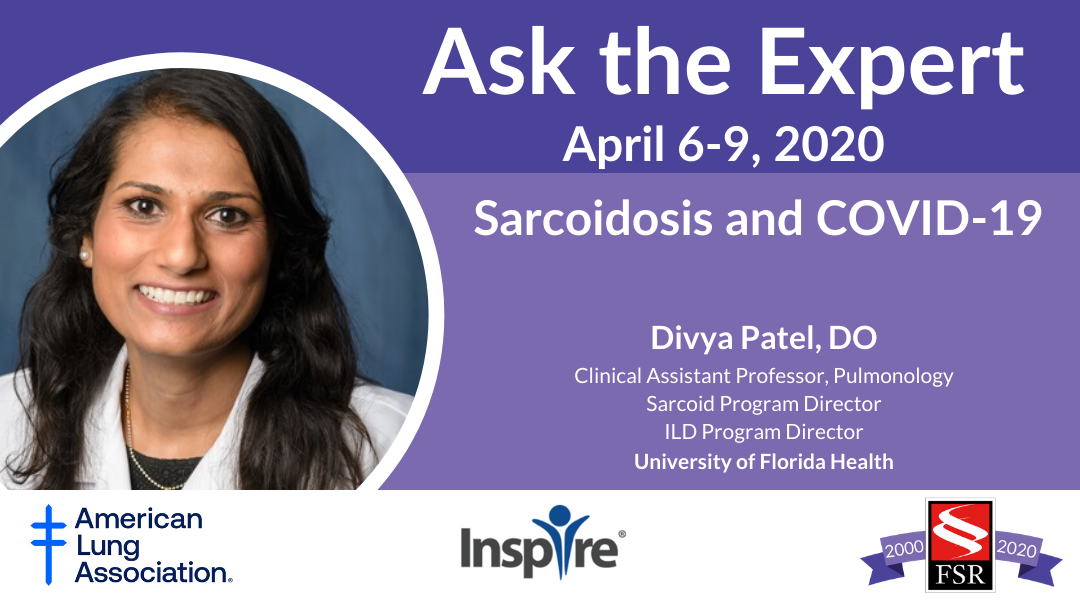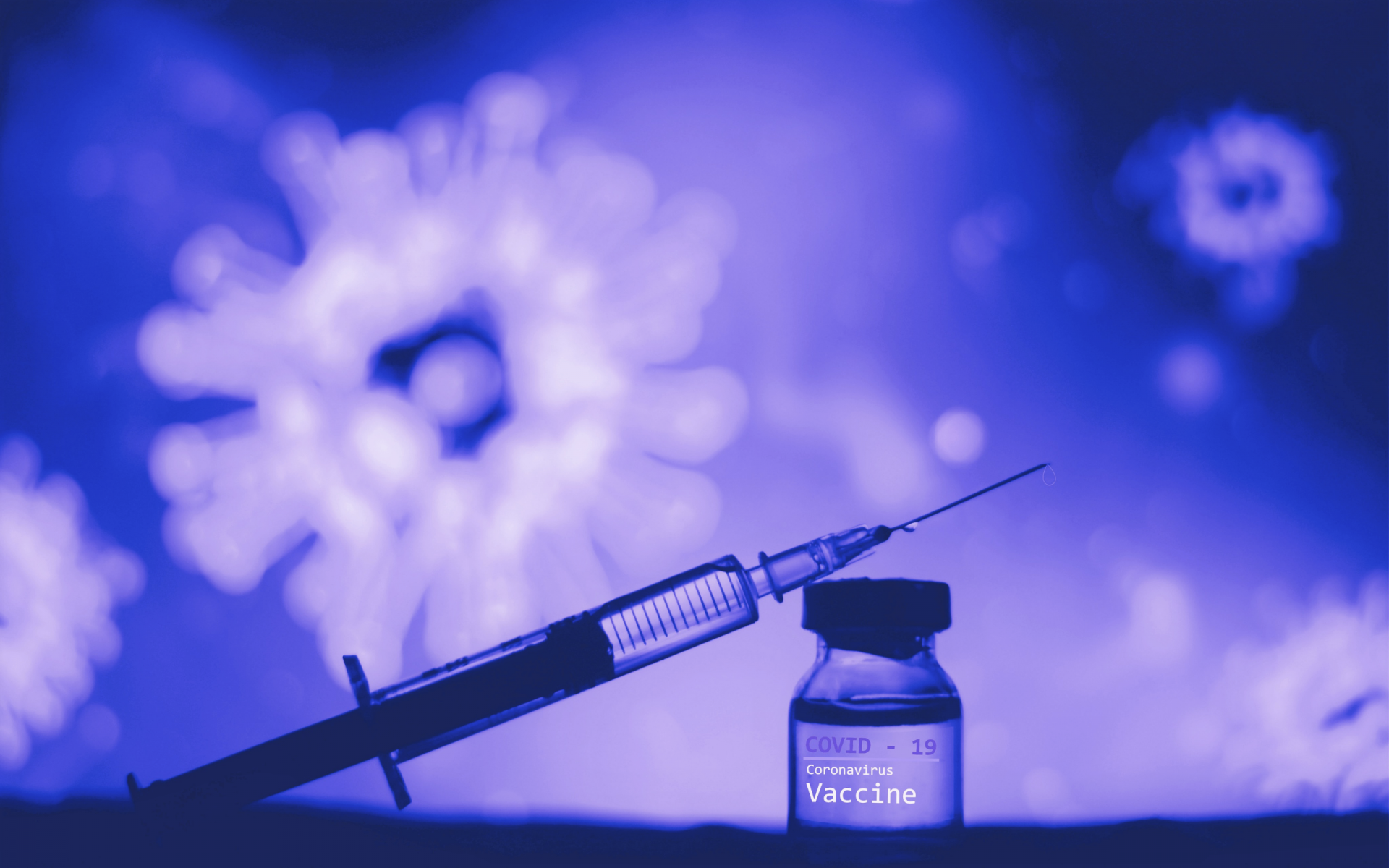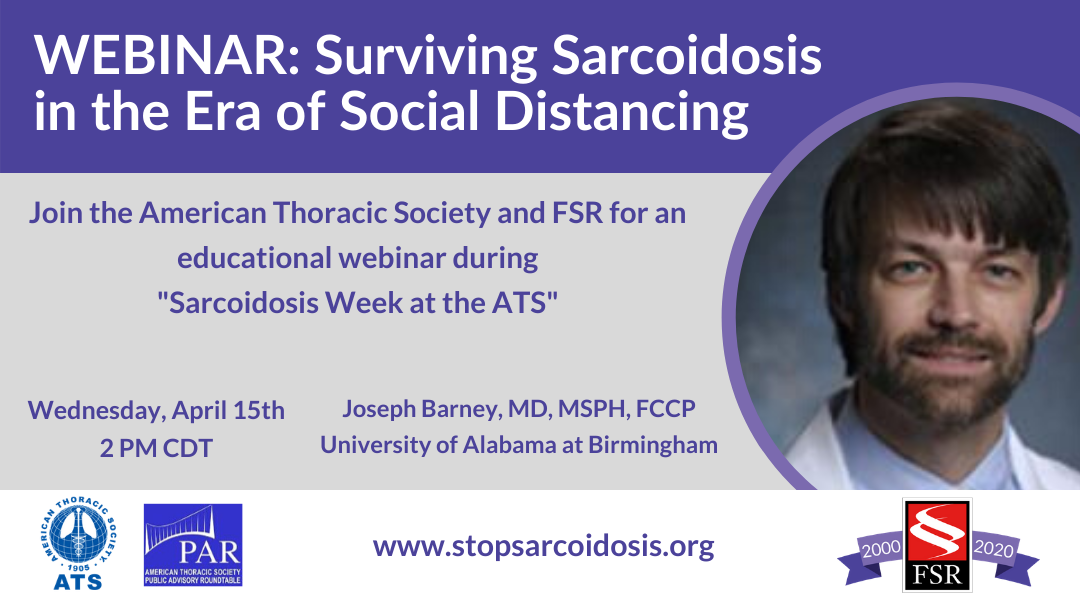Updated January, 2022
What to know about Omicron, the vaccines, the boosters, and staying safe
The Omicron variant of the COVID-19 virus is now the dominant variant in the United States and since December cases have been skyrocketing.
Vaccines and boosters
What makes this variant concerning is how easily Omicron spreads and its ability to breakthrough and cause infection even for those who are vaccinated. Additionally, according to the CDC, it is possible current treatments may be less effective on this variant. Unvaccinated people are at significant risk for severe illness and death. This is particularly true for those with underlying health conditions.
There are steps you can take to reduce your risk of infection and severe illness, most importantly you should get vaccinated. The CDC states that “Current vaccines are expected to protect against severe illness, hospitalizations, and deaths due to infection with the Omicron variant…The recent emergence of Omicron further emphasizes the importance of vaccination.”
In addition, in a recent statement, Dr. Peter Marks, director of FDA’s Center for Biologics Evaluation and Research stated, “Based on the FDA’s assessment of currently available data, a booster dose of the currently authorized vaccines may help provide better protection against both the Delta and Omicron variants.”
How can you stay safe
“Patients with sarcoidosis looking to stay safe during this latest outbreak of COVID should get their vaccines and their boosters,” says Dr. Marc Judson, FSR Clinical Studies Network Member, former FSR Scientific Advisory Board member, and sarcoidosis expert from Albany Medical Center. “Furthermore, it is critical to wear good quality masks, social distance, and wash your hands frequently as recommended by the CDC.”
Delta variant
According to the Centers for Disease Control, “The Delta variant of COVID-19 is highly contagious, more than 2x as contagious as previous variants….The greatest risk of transmission is among unvaccinated people who are much more likely to get infected, and therefore transmit the virus.” If you are vaccinated, speak to your doctor about a booster shot, if unvaccinated consider vaccination or if this is not an option, consider evaluation by your doctor for monoclonal antibody treatment in case of new COVID-19 infection. FSR continues to recommend vigilance in social distancing and encourages everyone to wear a mask in public. For more information on the vaccine booster, please read the below blog.
**PLEASE NOTE:*** If you have had life threatening reactions to vaccinations in the past (e.g., Guillain Barre syndrome, anaphylaxis), please discuss with your doctor before moving forward with the COVID-19 vaccination or booster.
 Click here to read FSR’s statement on COVID-19 vaccine boosters for immunocompromised patients
Click here to read FSR’s statement on COVID-19 vaccine boosters for immunocompromised patients
This page is being monitored and updated regularly. Please check back for additional updates.
As information on the novel coronavirus disease, COVID-19, dominates our daily lives, individuals with sarcoidosis and their loved ones are bound to have questions about the potential health risks of COVID-19 as they pertain to sarcoidosis patients and others who may have compromised immune systems. FSR is diligently following the progress of this pandemic and actively seeking out the best information for our community. FSR encourages following the recommendations of your healthcare team regarding your personal health and well-being. We also encourage our community to stay diligent about following updates from the CDC and state/local health departments, as they will have the most up to date information for your geographical region.
Read FSR’s statement on the COVID-19 vaccine from January 11, 2021.
What is COVID-19?
COVID-19 is the novel coronavirus disease that is currently causing a global health crisis. It is a respiratory infection that was newly discovered in humans and appears to be easily transmissible. Individuals with pulmonary or cardiac sarcoidosis – and those on immunosuppressant medications due to sarcoidosis – may have an increased risk of developing more severe complications of COVID-19 if they contract the illness.
Currently, the CDC recommends the following to prevent the spread of COVID-19:
- Avoid close contact with people who are sick.
- Avoid touching your eyes, nose, and mouth.
- Stay home when you are sick.
- Cover your cough or sneeze with a tissue, then throw the tissue in the trash.
- Clean and disinfect frequently touched objects and surfaces using a regular household cleaning spray or wipe.
- CDC does not recommend that people who are well wear a face mask for protection. Face masks should be used by people who show symptoms of COVID-19 to help prevent the spread of the disease. The use of face masks is crucial for health workers and people who are taking care of someone in close settings.
- Wash your hands often with soap and water for at least 20 seconds, especially after going to the bathroom; before eating; and after blowing your nose, coughing, or sneezing. If soap and water are not readily available, use an alcohol-based hand sanitizer with at least 60-95% alcohol.
Latest updates from trusted resources:
Research on COVID-19 for our Community
Help researchers who are trying to better understand the potential impact of this disease on the rare disease and sarcoidosis communities by participating in the following survey opportunities:
Sarcoidosis and COVID-19 Impact Survey
FSR and researchers at the University of Cincinnati have teamed up to conduct a survey for a research study on the impact of COVID-19 on sarcoidosis patients. See preliminary results from the study and take the survey now.
Dr. Marc Judson of Albany Medical Center discusses the results of the COVID-19 and sarcoidosis survey. (October 2020)
Webinars
Education Webinar: Demystifying COVID-19 Recommendations
In this webinar, featuring Dr. Logan Harper, Pulmonologist at the Cleveland Clinic, discusses understanding your risks, demystifying which vaccines are best, and how many boosters you need to reduce your risk. (March 2022).
Disproportionate COVID-19 Impact on Communities of Color
Dr. George A. Mensah, Director, Center for Translation Research and Implementation Science, Senior Advisor, Office of the Director, NHLBI, NIH, addresses the disproportionate COVID-19 impact on communities of color, NIH’s efforts to address this, and vaccine safety and efficacy (October 2021).
FSR Overview: Immunosuppressive Treatments & COVID-19 Vaccines
This webinar addresses concerns about how immunosuppressive treatments affect the efficacy of COVID-19 vaccines, particularly in people with sarcoidosis. Co-Director of Stanford’s Sarcoidosis Program, Dr. Matthew C. Baker tackles these concerns and discusses the types of precautions folks should continue to take based on those factors. (June 2021). View more in this report.
COVID-19 Vaccines and Sarcoidosis
Watch as Dr. Peter Sporn of Northwestern Medicine and Dr. Wonder Drake of Vanderbilt answered community questions about the COVID-19 Vaccines and Sarcoidosis. Moderated by patient and SarcFighter Podcast creator and host, John Carlin. (May 2021).
FSR Resources – Sarcoidosis and COVID-19
Watch the below recording of a webinar with Dr. Divya Patel on December 10, 2020 that answers questions about how COVID-19 is impacting the sarcoidosis community, how to protect yourself and your loved ones, and preliminary info on the COVID-19 vaccinations** (please see note below.)
**Please note** Since this session was recorded on December 10, 2020, an article was published in the New England Journal Of Medicine detailing the Pfizer-BioNTech SE vaccine safety and efficacy clinical trial (https://www.nejm.org/doi/full/10.1056…). This publication details the types of patients which were included and excluded from the trial (in the supplementary documents section and also on https://clinicaltrials.gov/ct2/show/N…). Unfortunately, the study specifically excluded people who are immunocompromised, those with autoimmune conditions, and patients on immunosuppressive therapy. This means that the safety and efficacy of the vaccine has not been tested in this population. However, the fact that these patients were excluded does not mean that patients who are immunocompromised or taking immunosuppressive medications cannot or should not take the vaccine. In fact, it seems that the Centers for Disease Control (CDC) will likely prioritize vaccination in this population. However, if you are on immunosuppressive medication, it is possible that the vaccine may not be as effective (just like with other vaccines). I urge you to look for forthcoming guidance from the CDC (https://www.cdc.gov/coronavirus/2019-…) and to also talk to your doctor. In the meantime, please continue to protect your selves by wearing masks and socially distancing yourself.
-Divya C. Patel, DO
Watch the video below for FAQs about sarcoidosis and COVID-19, answered by Dr. Peter Sporn of Northwestern (March 20, 2020)

FSR hosted an online Q&A forum with sarcoidosis expert Dr. Divya Patel, who answered patient-submitted questions about sarcoidosis and COVID-19. See Dr. Patel’s responses here.
Resources from FSR Partners:
- NORD COVID-19 Resource Center (National Organization for Rare Disorders – NORD)
- Coronavirus: Mental Health Coping Strategies (National Alliance on Mental Illness)
- WEBINAR: Coronavirus Preparedness for People with Chronic Diseases (National Health Council)
- Coronavirus Prevention and Risk for the Rare Community (NORD)
- Pulmonary Hypertension and COVID-19 Resources (Pulmonary Hypertension Association)
Watch the recorded webinar below from NORD entitled A Rare Response: Addressing the COVID-19 Pandemic (April 2, 2020)
The American Thoracic Society has the following resources:
- Coronavirus – Public Health Resource for Clinicians
- Coronavirus – Patient Information Resource for General Public
- ATS Twitter Chat on COVID-19
Information on COVID-19 on this page came from:
CDC’s website on COVID-19
NORD’s Statement on COVID-19
WHO’s FAQs about COVID-19

 Click here to read FSR’s statement on COVID-19 vaccine boosters for immunocompromised patients
Click here to read FSR’s statement on COVID-19 vaccine boosters for immunocompromised patients